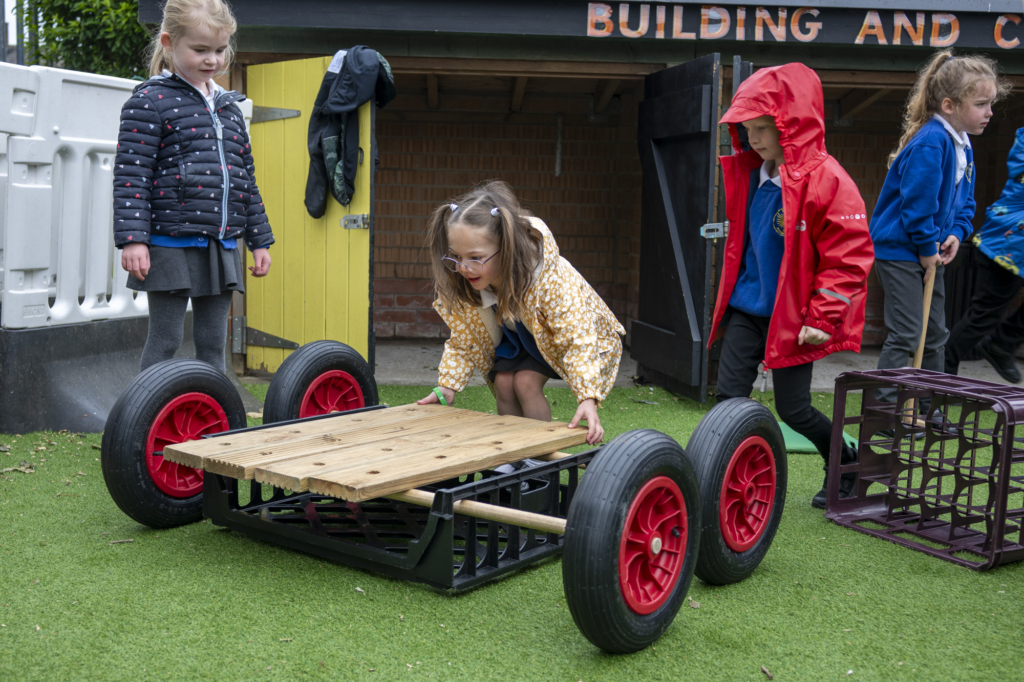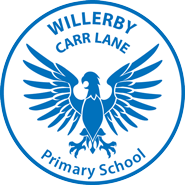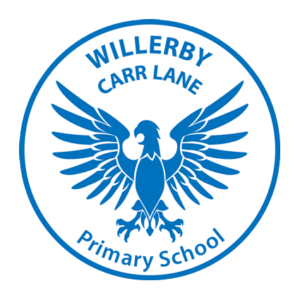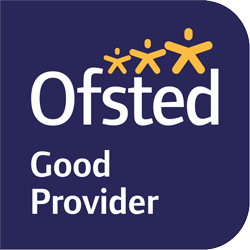Foundation stage
We believe that high-quality early education lays the foundations for later success, good health and well-being. With this in mind, as in the rest of our school, the pursuit of excellence for all of our children is at the heart of everything we do in our Early Years Foundations Stage (EYFS).
To support this high achievement, we have designed a curriculum that is ambitious and gives all children the knowledge, attitude and resilience they need to succeed in life. It builds on what children already know and gives them the skills they need for their future learning. It makes sure that children can develop their inquisitiveness, resilience and imagination to help them solve problems, overcome challenges and confidence to believe that they can achieve whatever they want to.
Using a combination of engaging whole class teaching, small group adult-led learning and independent or ‘choosing time’ sessions children develop detailed knowledge and skills across the 7 areas of learning:

After morning registration, all children are taught to read using the Read, Write Inc phonics scheme.
Children learn to have respect for others, and positive attitudes to play and learning. They develop their emotional security and learn about their feelings and the feelings of others. We teach children to value diversity and their own uniqueness. The learn how to keep themselves and others safe.
EYFS is made up of two teaching groups: The Wrens and the Jays. These are led by our fantastic teachers Mrs Hudson, Mrs Millar and Mrs Holdstock with superb support from Mrs Hunt, Mrs Farrow and Mrs Wilson.
Alongside our high-quality indoor provision that provides a safe and nurturing space for children we have our super outdoor space.
Our outdoor environment provides freedom, space and a chance for movement beyond what is possible indoors so that children can begin their journey towards achieving excellence. It encourages children to be louder and messier; to play with greater energy and spontaneity; to explore with greater intensity and to be led by their imagination and their big dreams. It helps to ignite and grow a sense of wonder and discovery and a desire to explore, ask questions and think critically. It is here that our children foster the self-belief that is so vital to their development.
Collaboration and cooperation are essential skills that they develop through working together to overcome challenges and find their own solutions. They develop
their resilience through enabling activities such as channelling the water from one area to another; building dens that will keep them dry; performing a musical concert or navigating a complex obstacle course over tricky ground.
Children develop their connection to the natural world through opportunities to listen and really take notice of what is going on. They learn to pay attention to all their senses: to hear the wind in the trees, feel the sand in their hands and smell the flowers that they have been supported to grow themselves. Being outside in all weathers helps to teach them about the climate and seasons and develop a love of the weather.
Open Day for September 2025 EYFS School Starters
Is your child due to start school in September 2025, then come and see Willerby Carr Lane Primary School’s fantastic EYFS setting and meet our friendly EYFS team on Thursday 9th January 2025 at 9.30am or 10.15am. Please ring 01482 653388 to book.




